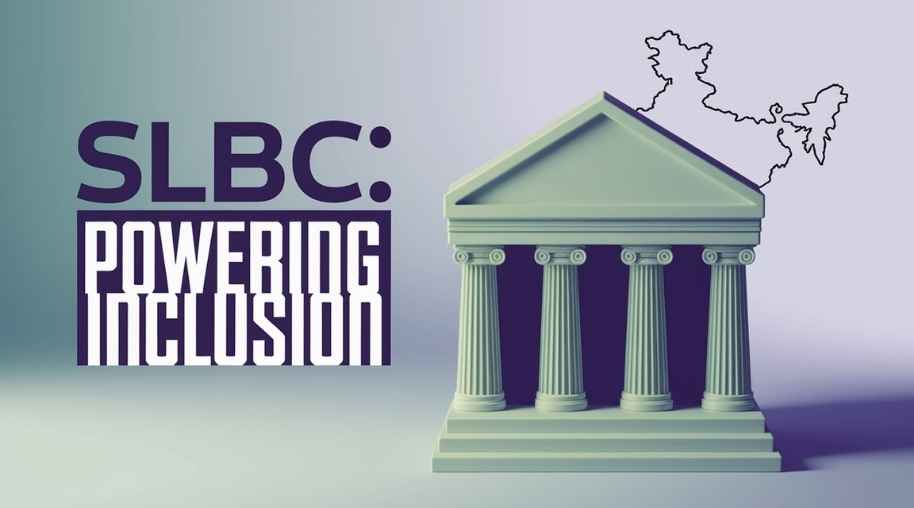FRBM Full Form-Fiscal Responsibility and Budget Management
by Shashi Gaherwar
0 2234
Fiscal Responsibility and Budget Management (FRBM): Ensuring Economic Stability
Fiscal Responsibility and Budget Management (FRBM) is a critical framework for ensuring economic stability and sustainable public finance. Governments worldwide use fiscal policies to manage their budgets effectively, reduce fiscal deficits, and promote economic growth.

This article explores the principles of FRBM, its importance, benefits, and challenges in maintaining fiscal discipline.
What is Fiscal Responsibility and Budget Management (FRBM)?
The FRBM framework is a set of financial management policies designed to control government borrowing, reduce fiscal deficits, and maintain macroeconomic stability. It ensures that governments operate within their financial means, preventing excessive public debt accumulation.
Key Objectives of FRBM
- Reduction of Fiscal Deficit: Limits excessive government borrowing.
- Debt Management: Controls rising public debt levels.
- Transparent Budgeting: Enhances accountability in financial planning.
- Long-term Economic Growth: Ensures sustainability in public spending.
The FRBM Act: India's Approach to Fiscal Discipline
India introduced the FRBM Act in 2003 to institutionalize financial discipline, improve macroeconomic management, and enhance transparency in government operations.
Key Features of the FRBM Act
- Deficit Reduction Targets: Limits the fiscal deficit to a prescribed percentage of GDP.
- Revenue Deficit Elimination: Aims to eliminate revenue deficits by reducing non-essential expenditures.
- Government Borrowing Restrictions: Ensures controlled borrowing to avoid excessive debt accumulation.
- Transparency Mechanisms: Mandates regular reporting on fiscal performance.
- Escape Clauses: Allows deviations in case of national emergencies or financial crises.
How Does Fiscal Responsibility Impact the Economy?
- Improved Investor Confidence: Disciplined fiscal management boosts investor trust in a country’s financial stability.
- Inflation Control: Prudent government spending helps keep inflation in check.
- Interest Rate Stability: Proper deficit management prevents excessive borrowing that could lead to higher interest rates.
- Long-Term Growth: Sustainable fiscal policies contribute to economic development.
Benefits of Fiscal Responsibility and Budget Management
- Economic Stability: Prevents excessive government spending, reducing the risk of inflation and economic instability.
- Sustainable Debt Levels: Controlled borrowing ensures future generations are not burdened with excessive national debt.
- Efficient Use of Public Resources: Prioritizing essential expenditures leads to effective allocation of government funds.
- Boosts Credit Ratings: Strong fiscal policies improve credit ratings, leading to favorable borrowing terms in global markets.
Challenges in Implementing Fiscal Responsibility
- Political Constraints: Governments face challenges due to political pressures for increased spending.
- Revenue Shortfalls: Economic slowdowns can reduce government revenues, making deficit reduction difficult.
- Unforeseen Expenditures: Events like pandemics, wars, or natural disasters require unexpected government spending.
- Balancing Growth and Austerity: Striking a balance between reducing deficits and promoting economic growth is challenging.
Fiscal Responsibility vs. Expansionary Policies
- Fiscal Responsibility: Focuses on controlled government spending, strict deficit management, and long-term stability and sustainability.
- Expansionary Policies: Involve increased government spending and flexible borrowing to stimulate short-term economic growth, often used during economic recovery.
Real-World Applications of Fiscal Responsibility
- India: The FRBM Act guides fiscal planning and deficit reduction.
- European Union: The Stability and Growth Pact ensures member states maintain responsible budgets.
- United States: The Budget Control Act imposes spending caps to manage deficits.
Fiscal Responsibility and Budget Management (FRBM) is vital for ensuring economic stability, controlling deficits, and promoting sustainable growth. While challenges exist, disciplined financial planning, transparent budgeting, and prudent spending help nations build strong economic foundations. By adhering to responsible fiscal policies, governments can secure long-term financial health and economic prosperity.
Further Learning Resources
If you’re passionate about building a successful blogging website, check out this helpful guide at Coding Tag – How to Start a Successful Blog. It offers practical steps and expert tips to kickstart your blogging journey!
For dedicated UPSC exam preparation, we highly recommend visiting www.iasmania.com. It offers well-structured resources, current affairs, and subject-wise notes tailored specifically for aspirants. Start your journey today!

Share:








Comments
Waiting for your comments